Whitepaper: Advantages of Cloud Storage in Dairy Processing and Pasteurization
Dairy
As industries embrace digitization, the limitations of traditional paper chart recorders in sectors like food processing have become more evident. Once critical for data storage, paper charts are now viewed as inefficient, prone to errors, and difficult to manage. In this white paper, we comprehensively analyze cloud storage solutions and paperless process recorders such as Anderson-Negele’s PPR Paperless Recorder featuring Legendary™ software.
Discover how cloud-based systems offer enhanced security, improved accessibility, lower operational costs, and sustainability benefits compared to outdated paper chart methods. We also address common concerns voiced by food processing professionals regarding the transition from paper chart recorders to cloud storage.
Application Detail
Introduction
In the highly regulated food processing industry, quality and safety are top priorities, making the ability to store and instantly access operational data crucial for success. Food processors must comply with strict laws and regulations to ensure that products are safe and high-quality. Non-compliance can lead to costly recalls, legal issues, and significant damage to a brand’s reputation. With accurate digital chart storage, facilities can maintain essential records easily accessible for audits and inspections, ensuring compliance with industry quality standards and safety protocols.
Beyond regulatory compliance, maintaining consistent product quality is key to customer satisfaction and brand loyalty. Properly storing data such as test results, production batch numbers, and machine calibrations helps quality assurance teams track performance and make informed decisions. Quick access to this data allows teams to identify trends, implement improvements, and optimize operations more effectively. Reliable data storage also plays a vital role in managing product recalls, ensuring businesses can swiftly trace issues through the entire supply chain.
In 2022 alone, nearly 45 food recalls resulted in over 2 million pounds of products being recalled. Businesses risk severe financial and reputational damage without efficient tracking and storage systems. A digital storage system allows companies to quickly trace ingredients, production processes, and distribution channels, enabling a faster, more accurate response during a recall.
Efficiency is equally critical in the fast-paced food processing environment. When staff spend excessive time searching for important data, it reduces productivity and increases the likelihood of errors. A well-organized digital storage solution eliminates these inefficiencies, streamlining workflows and allowing employees to access the information they need quickly and accurately.
As the food processing industry continues to adopt digital transformation, the importance of electronic chart storage and real-time data referencing has become even more pronounced. These systems enable real-time monitoring, trend analysis, and instant access to crucial information, driving operational efficiency. Unlike outdated paper chart recorders, digital systems provide greater security, scalability, and convenience, making them essential for modern food processing facilities.
Whitepaper content
The following content is covered in the white paper, which you can download as a PDF document:
» The Inherent Security Flaws of Paper Charts
In an age where data security is a top priority for business's and organizations, the limitations of paper charts become glaringly apparent:
- Susceptibility to Physical Hazards
- Weak Control Over Unauthorized Access
- Ease of Misplacement and Erroneous Disposal
- Challenges in Maintaining Data Integrity
- Absence of Technological Security Safeguards
» Implications of Lost or Damaged Paper Charts
Most jurisdictions have strict regulations requiring food processing plants to maintain accurate records that can verify the safety and quality of their products. Failure to produce these records upon request during an inspection can result in immediate operational cease and desist orders, fines, or even legal action. Possible consequences are:
- Legal Ramifications
- Loss of Consumer Trust
- Supply Chain Disruptions
- Impact on Business Partnerships
- Increased Scrutiny
» Advantages of Cloud Storage
The shift from traditional paper chart recorders to cloud storage solutions offers customers a multitude of advantages.
- Ease of accessability
- Level of security
- Real-time monitoring and updates
- Cost reduction
- Data integrity
- Environmental impact thanks to digital Vs. paper records
Get more info
Click on the following points for more information:

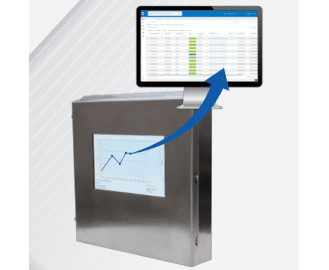
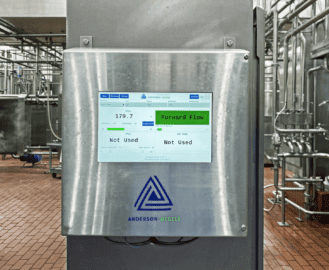
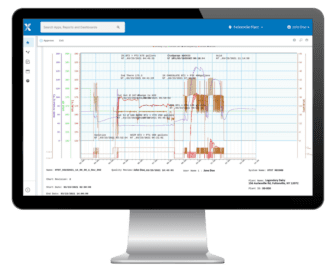
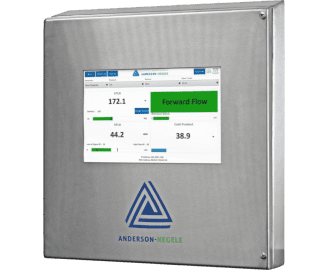
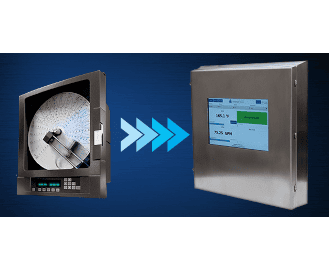
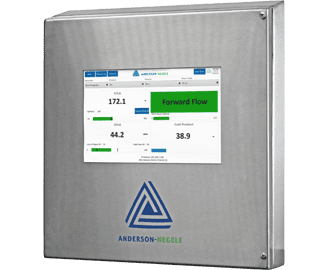
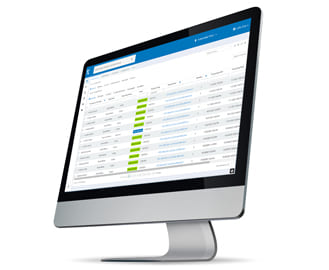
Copyright © 2022 Anderson-Negele